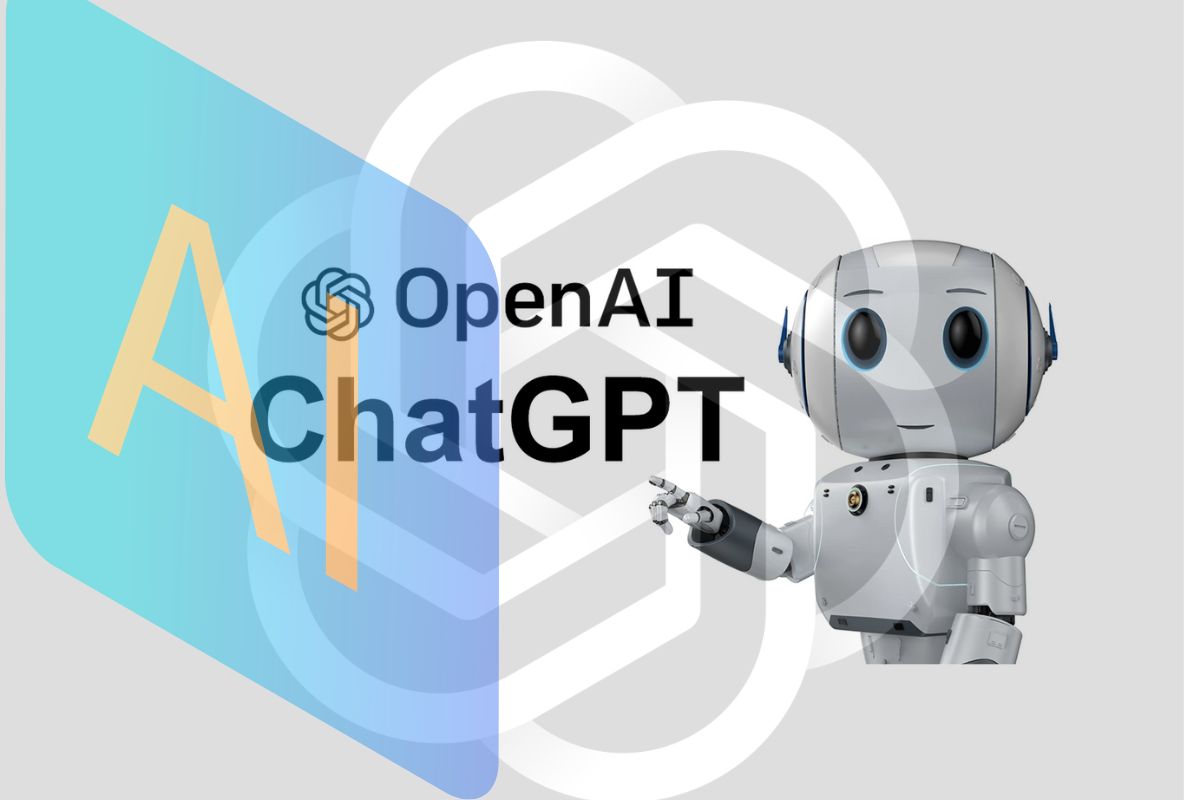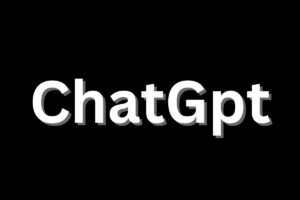Shortly, users will have the ability to instruct ChatGPT to forget certain information or remember specific details for future conversations.
OpenAI has initiated a test phase by introducing new “memory” controls for a limited number of both free and paid ChatGPT users. This rollout is currently limited but will expand to a wider audience at an unspecified later date. These controls empower users to explicitly command ChatGPT to remember particular details, review stored memories, or disable its memory function entirely.
“ChatGPT has been enhanced to retain information across conversations, enabling more contextually relevant responses. Through interactions with ChatGPT, users can prompt it to remember specific details or allow it to autonomously gather information. With each interaction, ChatGPT’s memory improves, leading to noticeable enhancements over time.
The introduction of memory functionality opens up a range of practical applications. For instance, users can inform ChatGPT of their suburban lifestyle, influencing its suggestions towards driving rather than public transit directions (e.g., “Please remember that I live in the suburbs and primarily drive.”). Similarly, if seeking child-rearing advice tailored to younger children due to having a kindergartner, users can specify this detail (e.g., “Please remember that I have a kindergartner.”). This enhancement enhances ChatGPT’s ability to cater to individual preferences and circumstances.”
OpenAI highlights various advantageous applications of memory within a business setting, such as retaining tone, voice, and formatting preferences pertinent to blog posts, as well as recalling languages and frameworks utilized in programming tasks.
GPTs, which are customized chatbots leveraging OpenAI’s models and accessible via the GPT Store, possess individual memory capabilities. For example, the Books GPT can autonomously store information regarding the books a user has previously read and their preferred genres. However, it’s important to note that these memories are not shared between ChatGPT and other GPTs, nor vice versa.
The memory functionality for both ChatGPT and GPTs can be easily deactivated at any time through the settings menu in ChatGPT. When this feature is disabled, neither ChatGPT nor GPTs will generate or utilize memories. Additionally, users can access the same menu to review and delete specific memories or clear all memories stored by ChatGPT and GPTs.
It’s important to note that deleting a chat from the chat history does not automatically erase memories stored by ChatGPT or a GPT. Users must explicitly delete the memory itself.
Given that the memory feature is enabled by default, there’s a possibility that ChatGPT may accumulate sensitive personal information over time. OpenAI acknowledges this concern and indicates that memories might be utilized to enhance its models, with an exception for ChatGPT business clients and users who have opted out.
OpenAI has implemented measures to guide ChatGPT away from actively retaining sensitive information, particularly health-related details unless explicitly requested by the user.
“ChatGPT’s memories evolve through interactions and are not tied to specific conversations,” explains OpenAI. “Furthermore, memories, much like chats, are not shared with GPT builders.”
To enhance privacy, OpenAI is introducing a new feature called Temporary Chat within ChatGPT, initially accessible to a select group of free and subscription users. Temporary Chat allows users to engage in conversations without ChatGPT retaining knowledge of previous interactions or accessing memories, while still adhering to custom instructions if enabled.
OpenAI notes that it may retain copies of Temporary Chat conversations for up to 30 days for safety purposes.



